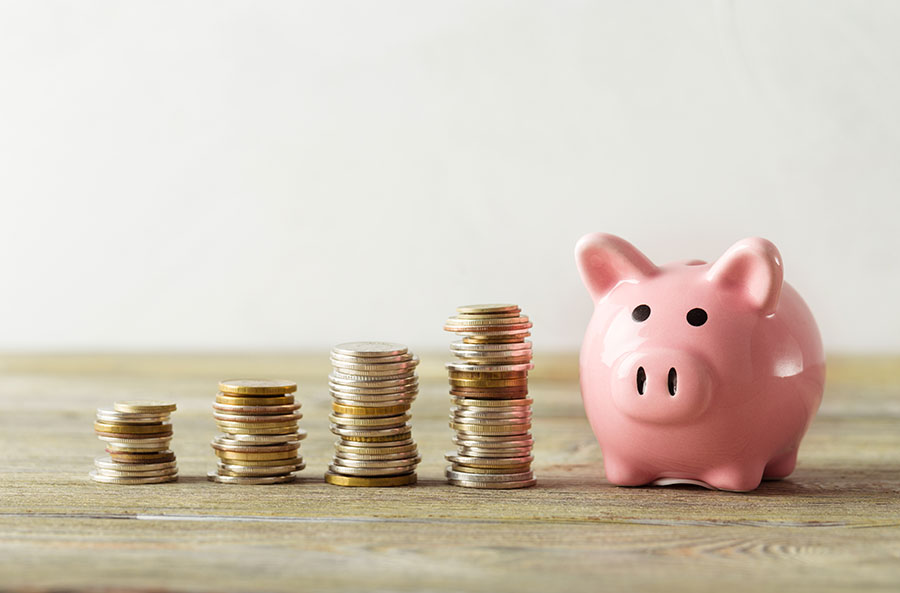Definition
Economics is the study of the production, distribution, and consumption of goods and services. Economists analyze how individuals, businesses, governments, and nations choose to allocate resources to satisfy their needs and wants (Investopedia, 2018a). Economic studies not only analyze existing behaviors, but also often make predictions regarding future behaviors. Economists use their skills to advise individuals, businesses, states, countries, and other groups on how they should allocate their resources in order to achieve economic goals, often using large datasets and complex mathematical modeling.
Subdisciplines
The primary subdisciplines of economics are microeconomics and macroeconomics. Microeconomics focuses on individual entities within a larger economy, analyzing how the decisions of people, companies, and other subunits in an economy affect the use and distribution of scarce resources. It explains how and why goods have different values, how individuals make economic decisions, and how individuals coordinate and cooperate with one another (Investopedia, 2018b). Macroeconomics focuses on economic systems as a whole, such as entire industries and economies. Additional subdisciplines include international, political, financial, behavioral, and environmental economics, as well as econometrics.
In Practice
Economists work to explain a wide variety of choices and decisions made by individuals, firms, and other groups regarding their use of resources. They often work in government agencies, for-profit companies, and nonprofit organizations, as well as other entities that seek to understand economic behavior.
In Disaster Research
Economists study the extent of vulnerability to hazards and disasters among countries with different economies, as well as how resources should be allocated to mitigate disasters, the impacts of disasters on specific parts of economies, how disasters affect the decisions of consumers, and many other topics (Kellenberg & Mobarak, 2011; Benson & Clay, 2004; Rose, 2007).
References
Benson, C. & Clay, E. (2004). Understanding the Economic and Financial Impacts of Natural Disasters. Disaster Risk Management. http://dx.doi.org/10.1596/0-8213-5685-2
Investopedia. (2018a). Economics. Retrieved August 21, 2018, from https://www.investopedia.com/terms/e/economics.asp
Investopedia. (2018b). Microeconomics vs. Macroeconomics: What’s the Difference? Retrieved August 21, 2018, from https://www.investopedia.com/ask/answers/difference-between-microeconomics-and-macroeconomics/
Kellenberg, D., & Mobarak, A. M. (2011). The Economics of Natural Disasters. Annual Review of Resource Economics 3(1), 297-312. http://dx.doi.org/10.1146/annurev-resource-073009-104211
Rose, A. (2007). Economic Resilience to Natural and Man-made Disasters: Multidisciplinary Origins and Contextual Dimensions. Environmental Hazards 7(4), 383-398. http://dx.doi.org/10.1016/j.envhaz.2007.10.001


